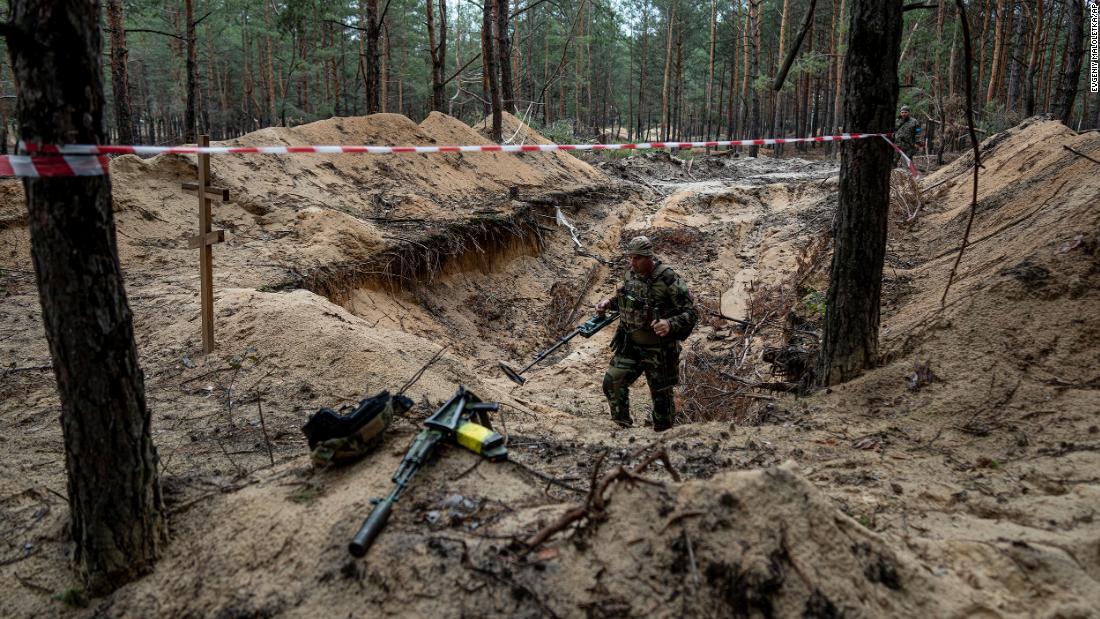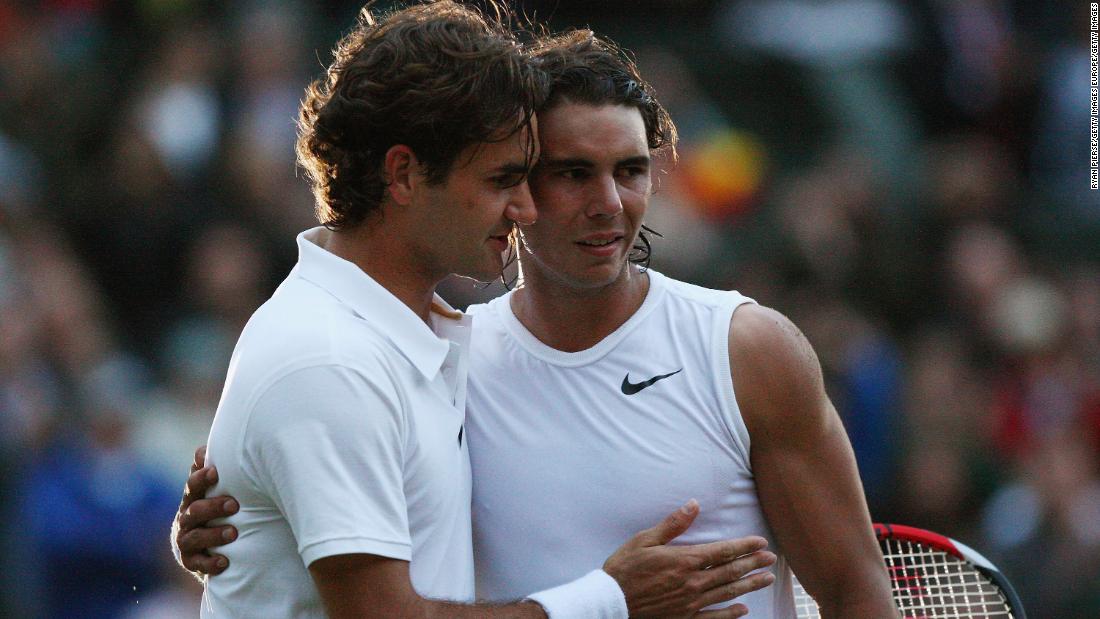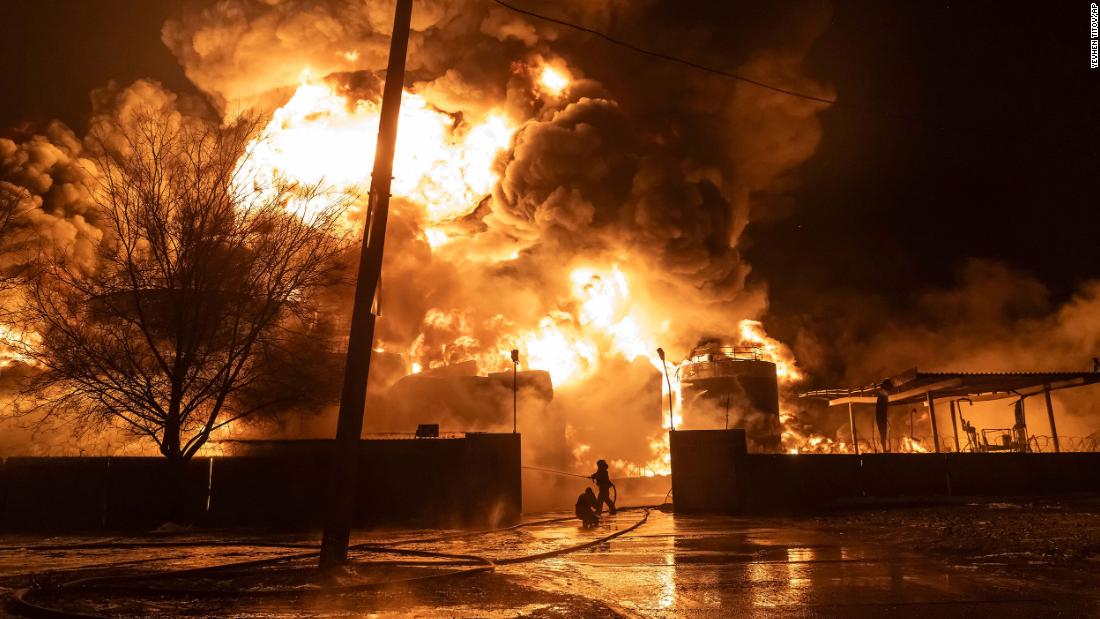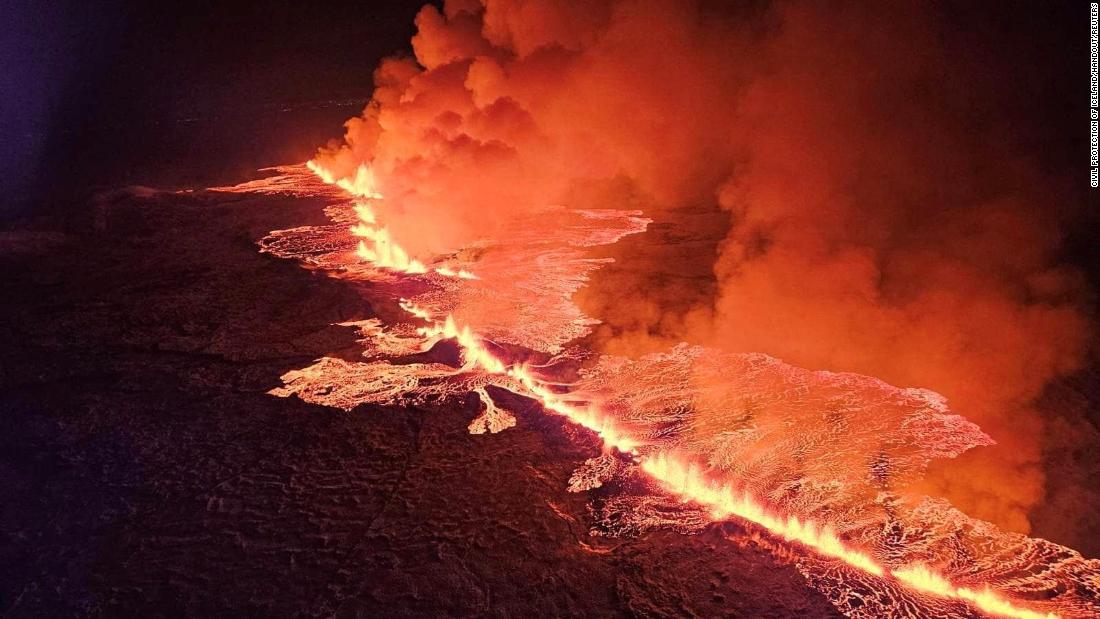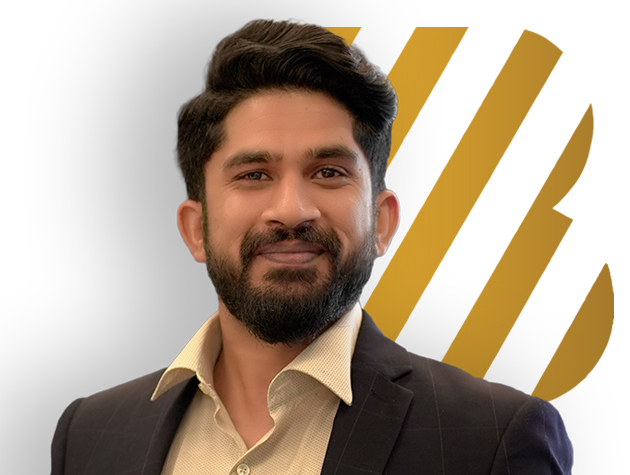Russia’s war in Ukraine: Live updates

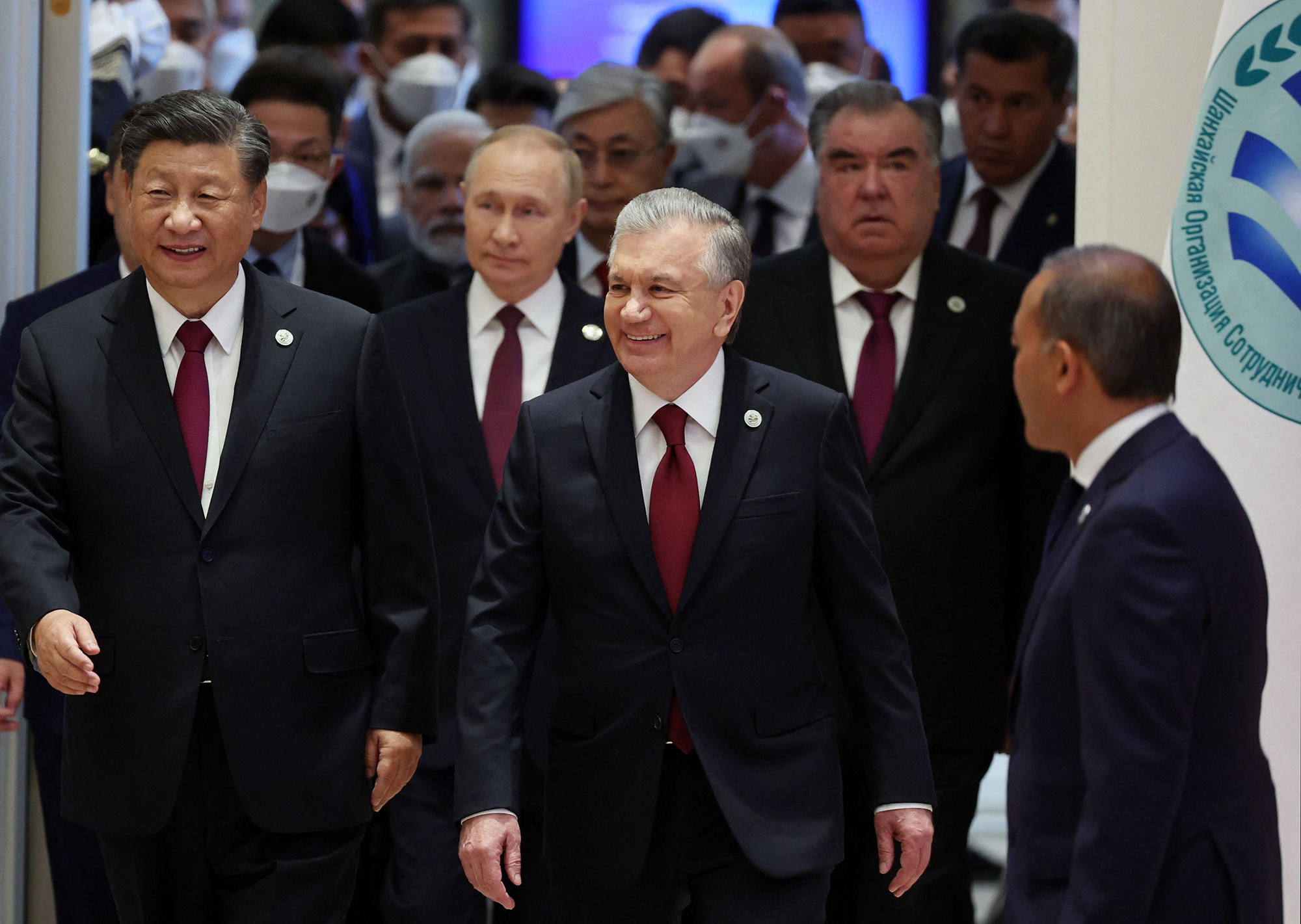
The Shanghai Cooperation Organization summit could have provided a chance for Beijing and Moscow to make a case for a “multipolar world order,” but Russia’s invasion of Ukraine may have sowed divisions within the grouping and alienated some countries.
Having watched Russian tanks roll into Ukraine, a former Soviet republic, Central Asian leaders of former Soviet territories are worried that Russia could encroach on their land too.
Kazakhstan, in particular, has refused to toe Moscow’s line. It has sent humanitarian aid to Ukraine, and its President Kassym-Jomart Tokayev has publicly refused to recognize Russia-backed separatist regions in eastern Ukraine, enraging some Kremlin officials.
China’s refusal to condemn Russia has also caused unease among Central Asian countries, experts say. That risks hampering China’s efforts to build stronger ties with its Central Asian neighbors, an endeavor China has invested heavily in for two decades.
During Xi Jinping’s state visit to Kazakhstan on Wednesday — his first foreign trip in nearly 1,000 days — the Chinese leader sought to allay such concerns.
China will always support Kazakhstan in maintaining national independence, sovereignty and territorial integrity,” Xi told Tokayev, according to Chinese state media.
Also complicating the picture is India, which occupies a unique role in the SCO.
Delhi, which like Beijing has not condemned Russia’s invasion, has strong ties with Moscow dating back to the Cold War. According to some estimates, India gets more than 50% of its military equipment from Russia.
In recent months, India has significantly increased its purchase of Russian oil, coal and fertilizer, despite Western pressure to cut economic ties with the Kremlin following its aggression in Ukraine.
But Delhi has also seen relations with Beijing nosedive due to conflicts along their border, and has moved closer to Washington and its allies in the Indo-Pacific. India is a member of the Quadrilateral Security Dialogue alongside the United States, Japan and Australia, a grouping driven closer together by China’s threats.
Modi, who arrived in Samarkand in the early hours of Friday, is expected to have one-on-one meetings with his Russian, Uzbekistan and Iranian counterparts, a source from the Indian Ministry of External Affairs told CNN.
But based on his tentative schedule, Modi doesn’t have a meeting scheduled with Xi. The two leaders haven’t met since the start of the China-India border conflict more than two years ago.
Last week, Delhi and Beijing began disengaging from the Gogra-Hotsprings border area in the western Himalayas.
In addition to their territorial disputes, Delhi is also wary of Beijing’s growing economic influence over its smaller neighbors.
“Ever since Modi came to power, we have seen relations (between India and China) steadily deteriorate,” said Manoj Kewalramani, a fellow of China studies at the Takshashila Institution in India.
But Kewalramani said the SCO could provide a “space (for India) to engage with China and Russia.”
“Particularly, being on the table while China and Russia are together, because the closer that relationship gets, the trickier it gets for India,” he said.


